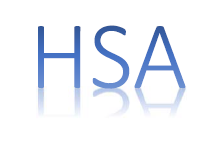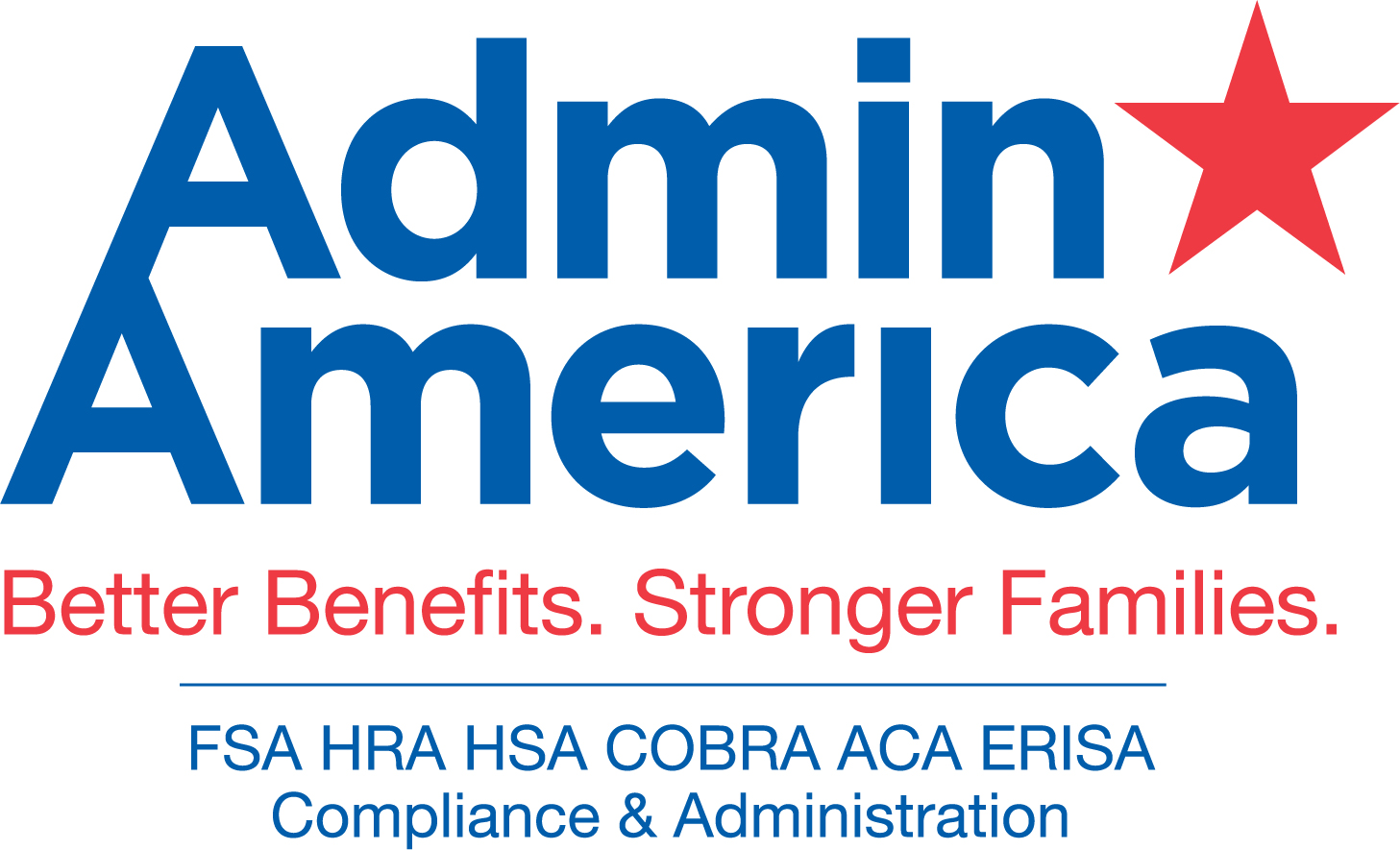Health Savings Accounts offer a unique opportunity for individuals to save for their long term health care needs.

HSAs provide unmatched flexibility and convenience by allowing multi-year tax free accumulation, growth and spending within a single benefit structure. The challenge for employers and individuals interested in utilizing a health insurance strategy that takes advantage of all of the benefits HSAs have to offer is navigating the numerous applicable federal laws that affect HSA offerings. The consulting expertise of Admin America combined with WEX Health and HSA Bank’s consumer products are the solution.
In order to set up accounts with WEX Health or HSA Bank, we recommend that you contact Admin America’s sales team. One of our expert benefits consultants can pre-qualify your High Deductible Health Plan (HDHP) coverage design and your funding strategy to insure that it complies with all of the applicable federal requirements. In addition, we can guide you through each of your implementation options and online application steps to make the enrollment process as simple as possible.
Who is eligible to open an HSA?
If you have a qualified High Deductible Health Plan (HDHP) – either through your employer or one you’ve purchased on your own – chances are you can open an HSA. Additionally:
- You must have a valid Social Security Number (SSN) and a primary residence in the U.S.
- You cannot be covered by any other type of health plan, including Medicare Part A or Medicare Part B.
- You cannot have accessed your VA medical benefits in the past 90 days (to contribute to an HSA).
- You cannot be claimed as a dependent on another person’s tax return (unless it’s your spouse).
- You must be covered by the qualified HDHP on the first day of the month.
Is an HSA right for me?
For eligible individuals covered by a qualified high deductible healthcare plan (HDHP), an HSA offers a number of benefits. Money that would otherwise be lost to high premiums could be invested in a tax-free, interest-bearing HSA. For those with higher medical expenses, an HDHP combined with an HSA still may provide overall cost savings as compared to a traditional plan with higher premiums and out of pocket maximums.
What are the advantages of opening an HSA?
An HSA is a unique tax-advantaged account that you can use to pay for current or future IRS-qualified medical expenses. With an HSA, you’ll have:
- A tax-advantaged savings account that you use to pay for IRS-qualified medical expenses as well as deductibles, co-insurance, prescriptions, vision and dental care
- Contributions to your HSA can be made with pre-tax dollars, which reduces your taxable income.
- Any after-tax contributions that you make to your HSA are tax deductible.
- HSA funds earn interest tax free and when used for IRS-qualified medical expenses are also free from tax.
- Unused funds that will roll over year to year. There’s no “use or lose it” penalty.
- Potential to build more savings through investing. You can choose from a variety of HSA self‐directed investment options with no minimum balance required
- Additional retirement savings. After age 65, funds can be withdrawn for any purpose without penalty.
Which expenses are considered IRS-qualified medical expenses?
You can pay for a wide range of IRS-qualified medical expenses with your HSA, including many that aren’t typically covered by health insurance plans. This includes deductibles, co-insurance, prescriptions, dental and vision care, and more. For a complete list of IRS-qualified medical expenses, visit irs.gov.
How do I use my HSA funds to pay for IRS-qualified medical expenses?
You can pay for IRS-qualified medical expenses with funds from your HSA by using your debit card. You can also pay for part of all of your IRS-qualified medical expenses out-of-pocket and reimburse yourself later with HSA funds.
Can I use my HSA funds to pay for an expense that isn't "IRS-qualified"?
If you pay for an ineligible expense, you must report it in your annual income tax filing and pay the related income taxes, plus a tax penalty. (After age 65, the penalty does not apply.)
Do I need to submit receipts for my HSA expenses?
No. You do not need to submit any receipts to us or file any claims. Just be sure to use the money for IRS-qualified medical expenses and save your receipts for tax purposes. Using our online expense tracker, you can easily enter medical expense information and securely upload receipts and supporting documentation – all in one place for easy access and tracking.
Can an HSA be used to pay previous year expenses?
You can pay or reimburse yourself for any eligible medical expenses incurred after your HSA was established.
Where can I use my HSA?
You can use your HSA debit card to pay for doctor visits at the time of the appointment or for qualified items at a pharmacy or other retailer as long as it is for a qualified medical expense. You can also use your HSA debit card to withdraw cash from an ATM to reimburse yourself for expenses you paid out-of-pocket (a transaction fee may apply).
You may click on the links below to access any of the documents. You may need Adobe Reader installed on your computer to open the documents below.
NEW PLAN IMPLEMENTATION:
Consumer-Driven Healthcare Plan(s) New Case Implementation Kit
EMPLOYEE INFORMATION:
Debit Card – Transaction Dispute Form
HSA Distribution Request Account Closure Form
HSA Additional Debit Card Request
HIPAA Information Authorization Form
EMPLOYER INFORMATION:
